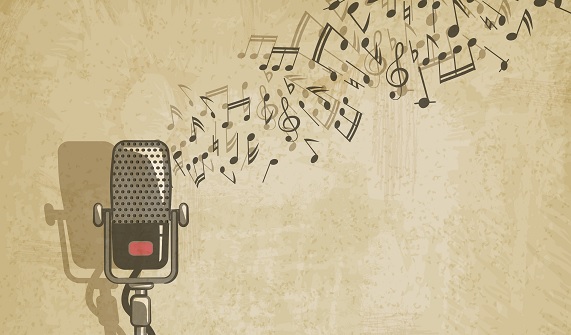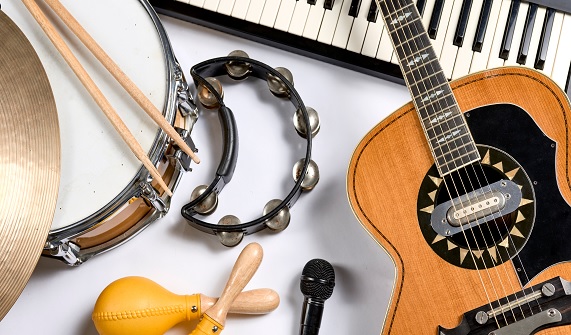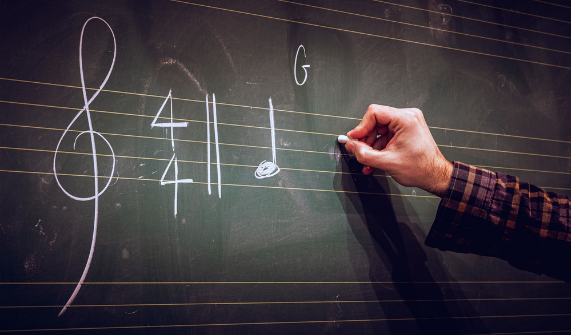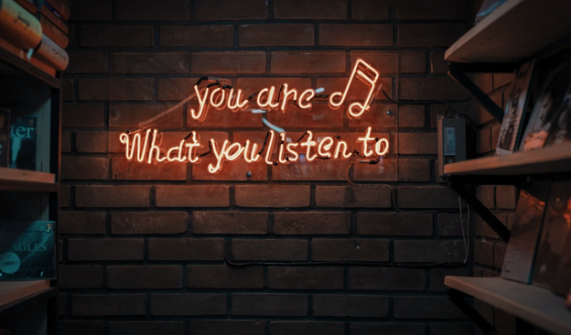Are you trying to find ways to fit music practice into your busy lives? In this week’s blog, we list five more ways to keep you inspired as you learn to play your favourite instrument.
6. Create Specific Goals: Reduce your practice time by setting a specific goal for each practice session. It doesn’t matter what you are working on – a new scale, playing from memory or maintaining your tempo – put your energy into one task. You’ll quickly accomplish your goal, and be inspired to keep practising.
7. Set Realistic Goals: As we said above, make your goals specific. But also make them realistic. Don’t expect to learn Beethoven’s Symphony No. 5 in C Minor in one session. Setting an “ambitious” goal will lead to feelings of failure and discouragement. Keep your goals simple. Start with the first few bars and work up.
8. Practice What You Love: Once you know the basics, cast your eyes near and far for new inspirations. Ignore the pressure to play what everyone else is playing. Follow your heart and play the music that moves you. Feel passionate about your music.
9. Review Previous Materials: Don’t forget to go back and practice what you already learned. You can easily forget the music you played last month or last year. Revisiting pieces keeps them fresh in your mind and renews a sense of pride in your accomplishments.
10. Take A Break: If today was really busy and you’re too tired to play, that’s okay. Don’t beat yourself up for skipping a day. Negative reinforcement will hamper your desire to learn. Remember, music is about enjoyment and self-expression.
Use a combination of these tips to set a practice schedule that works with your busy life. These strategies will motivate you to learn your next piece and improve your musical skills without feelings of frustration and failure.
Contact the Brady Arts Academy today to fulfill your love for music. Our various musical courses will satisfy any budding Beethoven.
Written by: Nicole Holas







